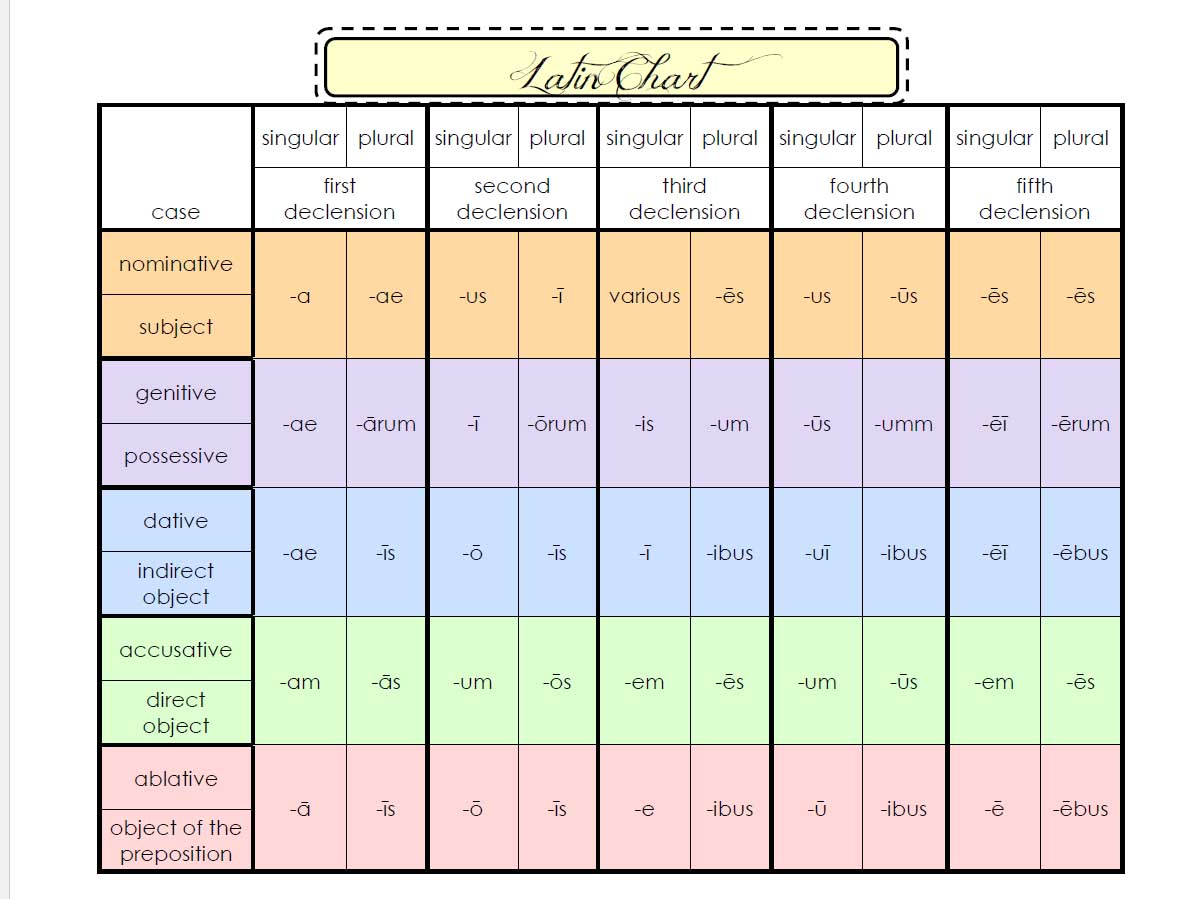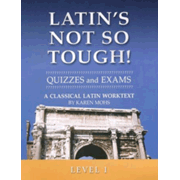

The word is believed to have been first used in writing circa 1775, by American priest and philologist Jonathan Boucher. Eggnog became traditionally associated with Christmas because of its spicy flavor, including vanilla, nutmeg and sometimes cloves. For an extra frothy texture, some recipes involve whipping the egg whites separately. EggnogĪ traditional eggnog recipe includes rum, Bourbon or cognac (sometimes more than one), milk or cream, sugar, raw eggs and spices. Plum pudding is one of such sweet examples, where the word plum refers to the raisins or currants that give it sweetness. But the word meandered along history, eventually becoming associated with rich, sweet foods. But current recipes are much simpler.Īmerican lexicographer Noah Webster defined plum pudding as “pudding containing raisins or currants.” The contradictory part of this story is that “pudding” wasn’t originally used to refer to desert but to a mix of meet, spices and blood, that was boiled after being stuffed in the animal’s intestines. The English and Irish tradition of having plum pudding at Christmas was carried across the Atlantic and spread out in the “colonies.” Some historians believe that Christmas pudding traditionally had thirteen ingredients, one for Christ and one for each of the Apostles. Food and drinks: the all-time Christmas protagonists Christmas pudding It was a type of folk music that Christians later adapted to religious themes, thus becoming the Christmas carol we know today. The world carol was used in medieval times to refer to a dance carried out in circles, usually performed during pagan celebrations. The word carol appears to have its roots in the Latin term choraula, also in the root of choral as it referred to a musician who accompanies a chorus by playing a reed instrument (a type of flute). The word made its way to English via French influence, probably during the Norman Conquest of the British Isles, during the 11th century.

Nativity also comes from a Latin family of words: nativus, nativitas, nativitatem, referring to being born and birth. Advent originates from the Latin adventus, a term for arrival or approach, referring to the coming of Christ. It is also related to festum which means festival or holiday.

It originally meant joyous, gay and merry. The word festive comes from the Latin term for feast: festivus. But not all is Latin in fact, the word Christ comes from the Greek word Khristos, translated from the Hebrew term messiah, which means anointed. The word mass is the English version of the Latin word missa, a celebration of the Eucharist, done in memory of Jesus Christ, where Christians eat bread and drink wine. ChristmasĪccording to the Catholic Encyclopedia, the word Christmas originates from the phrase “Cristes Maesse”, first recorded in 1038, which means the Mass of Christ or Christ’s Mass. Latin was the language of the Roman Empire, which had converted to Christianism by the time it had reached the furthest conquered territories. Latin is the root of modern Christian wordsĪs with all things related to Christian tradition, the influence of Latin is present in many words surrounding Christmas. In this article, we dive into the birth of the words we use to talk about Christmas. Christmas plans start to become a common topic in conversations, thankfully stealing some of COVID-19’s spotlight. As hard to wrap our minds around the fact as it may be, the festive season is almost here.


 0 kommentar(er)
0 kommentar(er)
